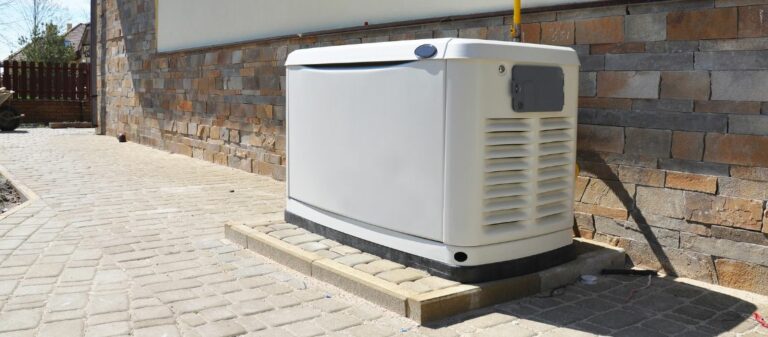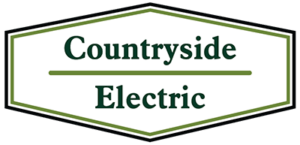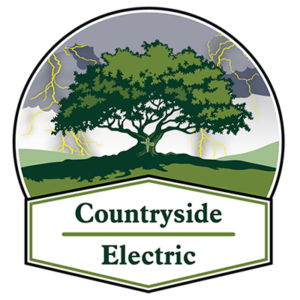Decoding Power Needs: What Size Generator Do I Need to Run My House?

As we navigate through the uncertainties of power outages, having a generator to keep essential appliances running becomes a practical consideration. However, determining the right size generator for your house is crucial to ensure it can handle the load without overloading or falling short.
In our latest blog article, our team breaks down the factors that influence the size of the generator you need and provides important insights into making an informed decision.
Understanding Power Consumption:
The first step in choosing the right generator size is understanding your household’s power consumption. Take note of the essential appliances you want to power during an outage, such as refrigerators, lights, heating or cooling systems, and electronic devices. Each appliance comes with a wattage rating, and by summing these up, you can estimate your total power needs.
Calculating Wattage Requirements:
To calculate your wattage requirements, create a list of appliances along with their wattage ratings. The wattage is usually indicated on the appliance or in the user manual. Add up these values to get an estimate of your total power needs during an outage.
Consider Starting and Running Wattage:
It’s crucial to differentiate between starting wattage and running wattage. Some appliances, like refrigerators or air conditioners, require a higher initial surge of power to start (starting wattage) but operate at a lower level once started (running wattage). Ensure your generator can handle both the starting and running wattage to avoid overloading.
Choosing the Right Size Generator
Small Generators (3,000 to 5,000 Watts):
Suitable for powering essential appliances like refrigerators, lights, and electronics. These generators are portable and ideal for small homes or apartments.
Medium Generators (5,000 to 10,000 Watts):
Provide enough power for essential appliances and additional items like sump pumps, heating systems, and a few more lights. They are versatile and can accommodate larger households.
Large Generators (10,000 Watts and above):
Designed for comprehensive power backup, these generators can handle the needs of larger homes with multiple appliances running simultaneously, including air conditioners, heaters, and well pumps.
Considering Fuel Type:
Generators come in various fuel types, including gasoline, propane, and diesel. The fuel type can impact the generator’s efficiency, runtime, and maintenance requirements. Choose a fuel type that aligns with your preferences and availability.
Factoring in Run Time:
Understanding the expected duration of power outages is crucial in choosing the right generator. If outages are frequent or prolonged, a generator with longer runtime or the ability to connect to an external fuel source may be more suitable.
Selecting the right size generator to run your house involves a thoughtful analysis of your power needs, considering both starting and running wattage. Understanding the size categories and fuel types available allows you to make an informed decision based on your household requirements. By investing time in this process, you ensure that your generator becomes a reliable source of power during outages, providing comfort and security for your home and family.
If you could benefit from working with an electrical contractor, click here to learn what Countryside Electric can do for you.

